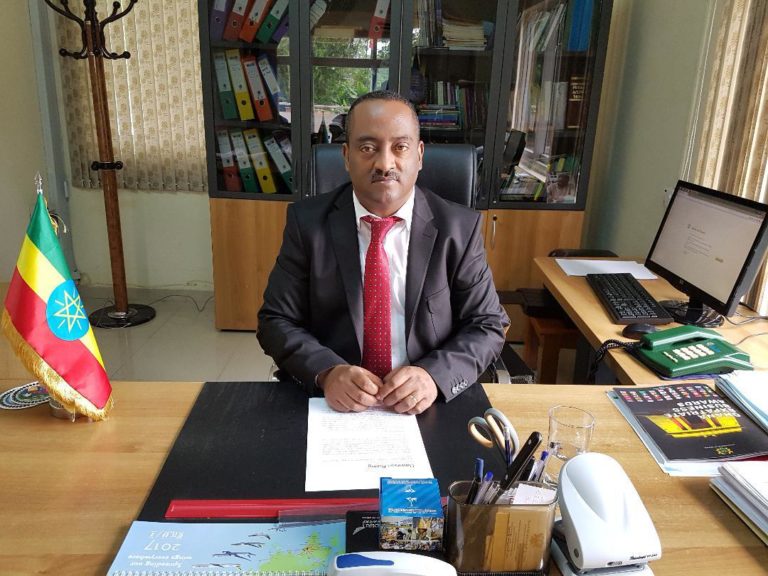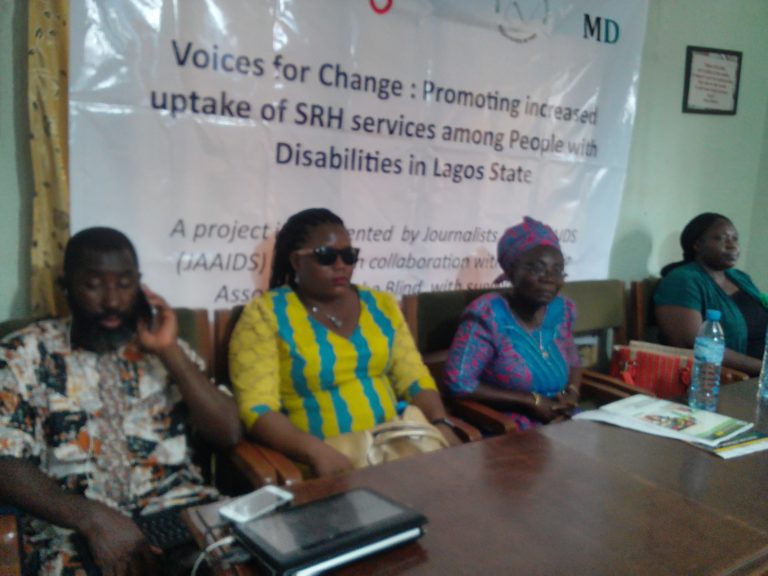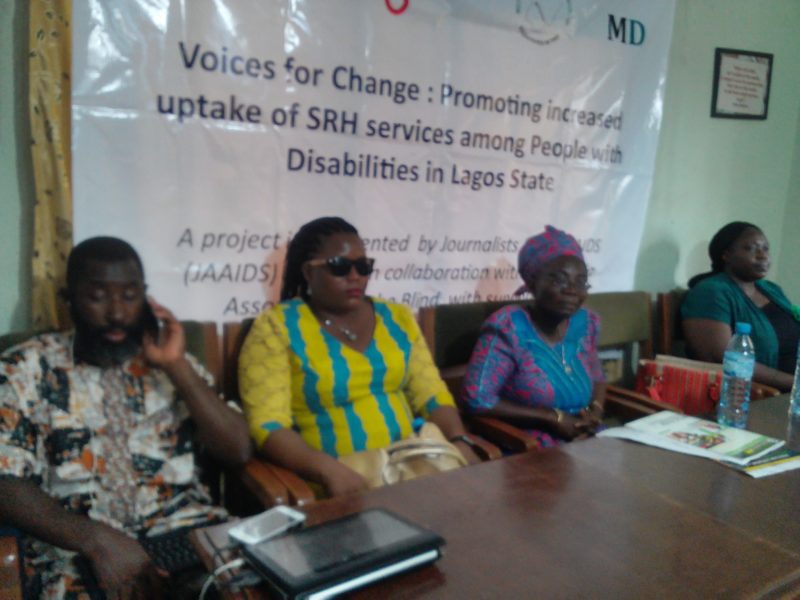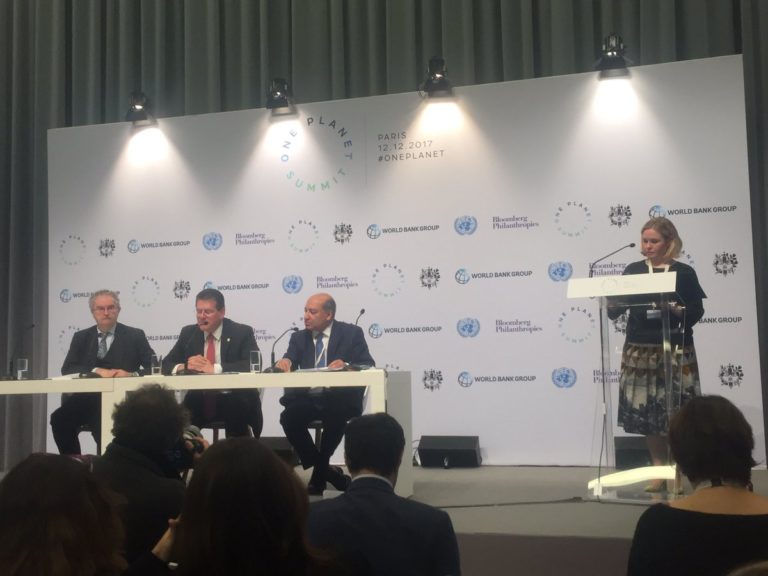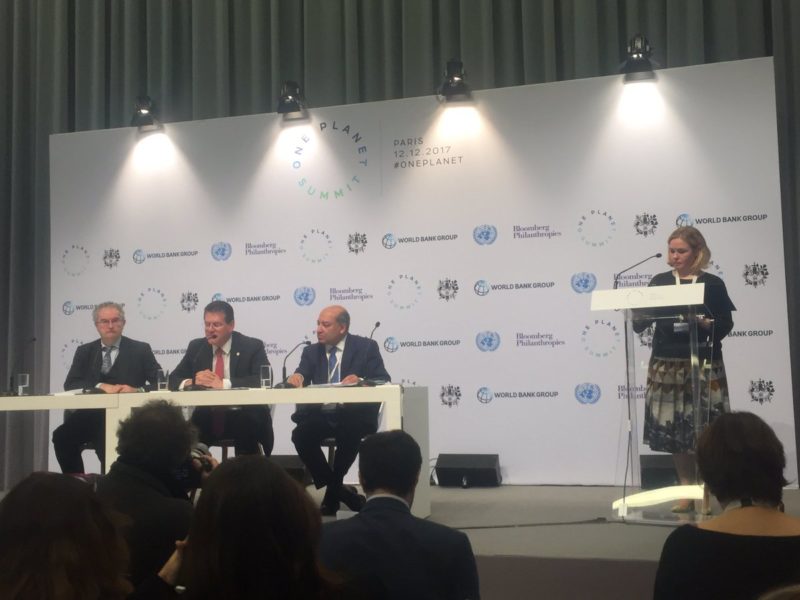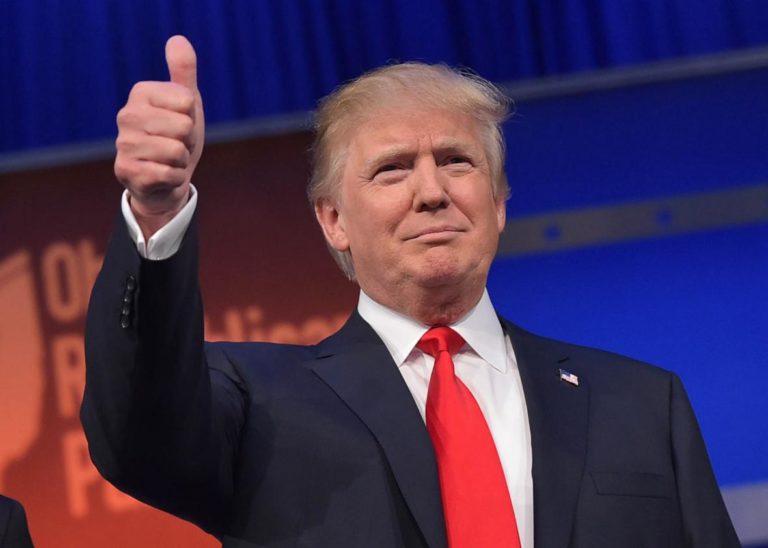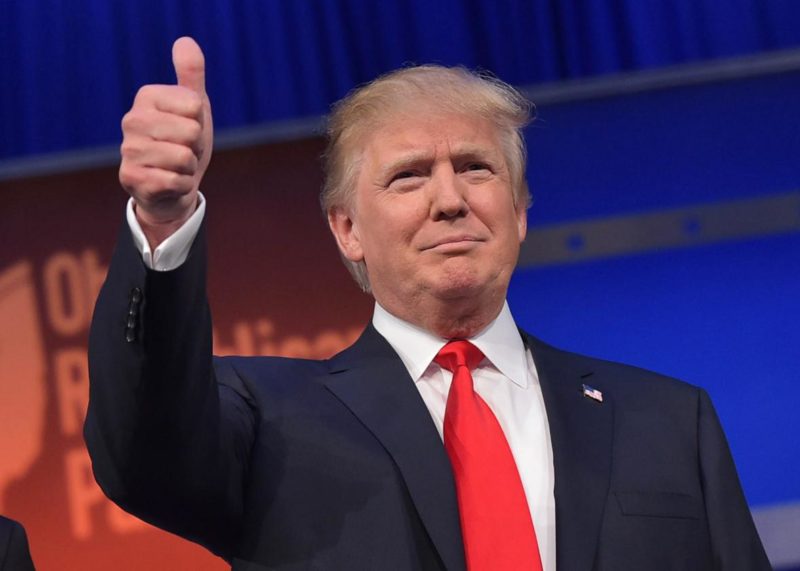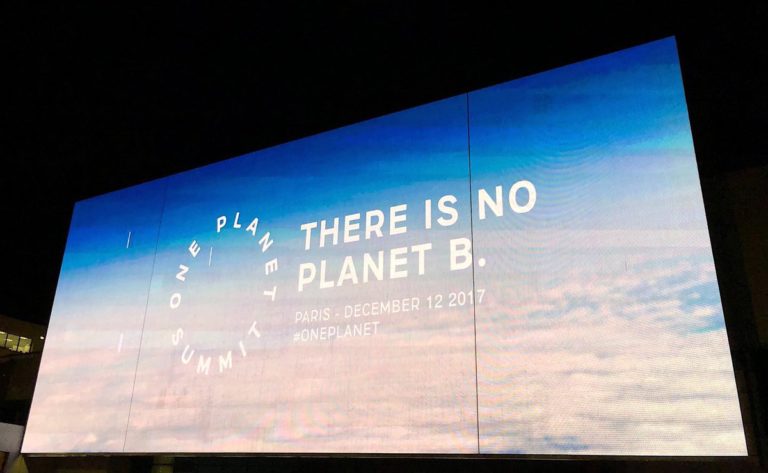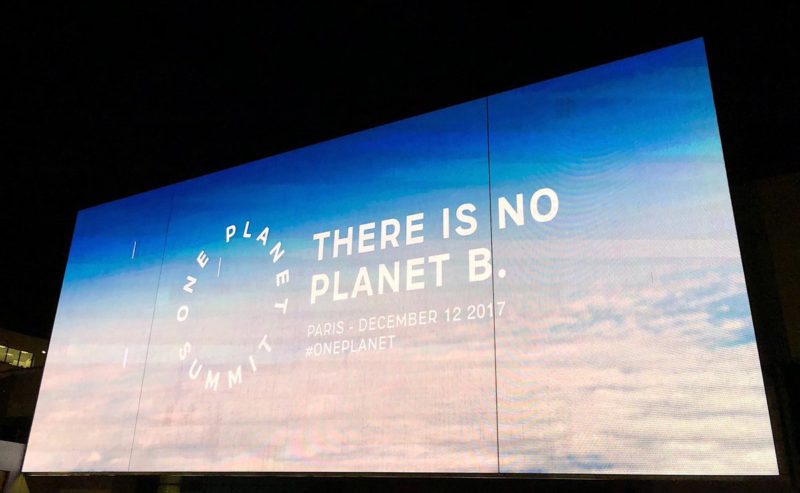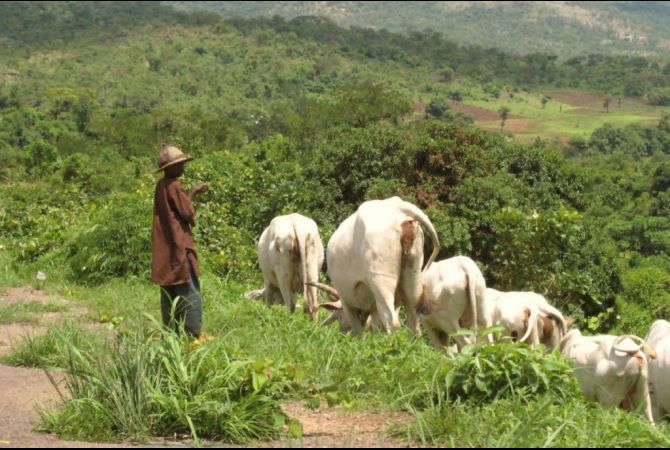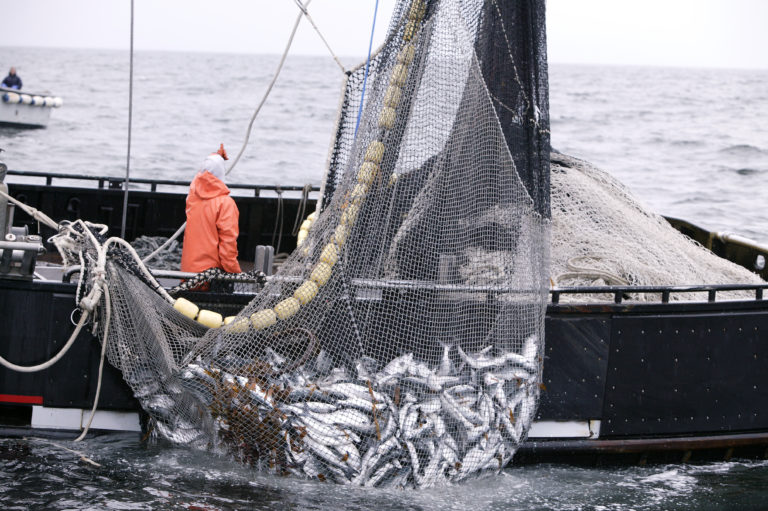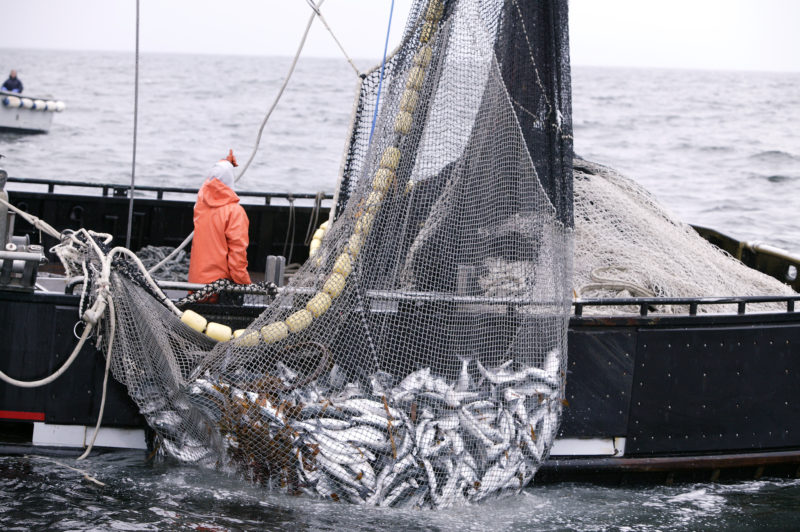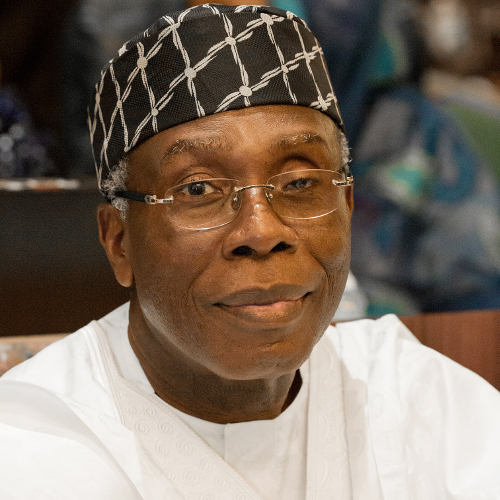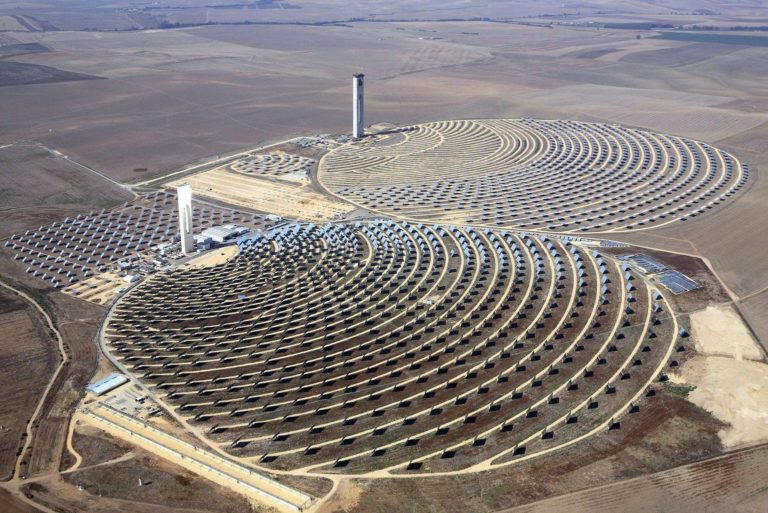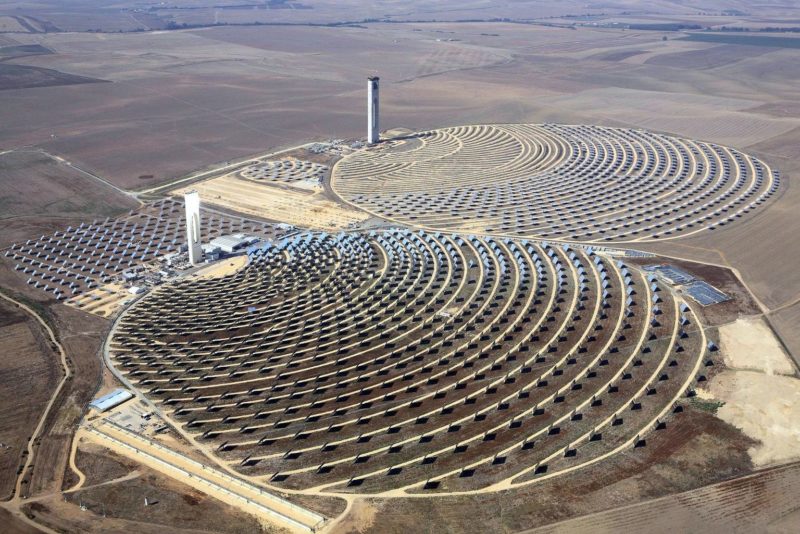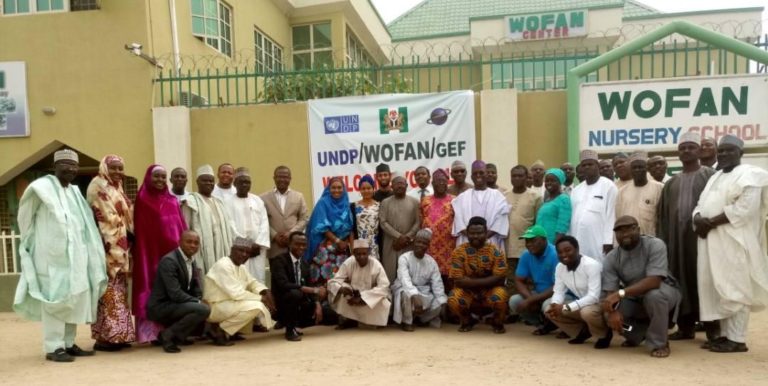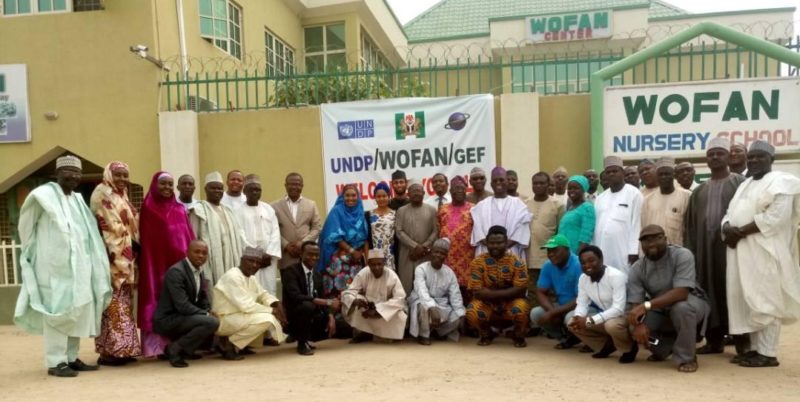Like most African countries, Ethiopia is one of the world’s poorest and most densely populated, experiencing climate change effects including changes in rainfall patterns and severe droughts. However, Ethiopia has taken advantage of the challenges and is transforming her once faltering economy into the world’s fastest growing economy, according to the World Bank.
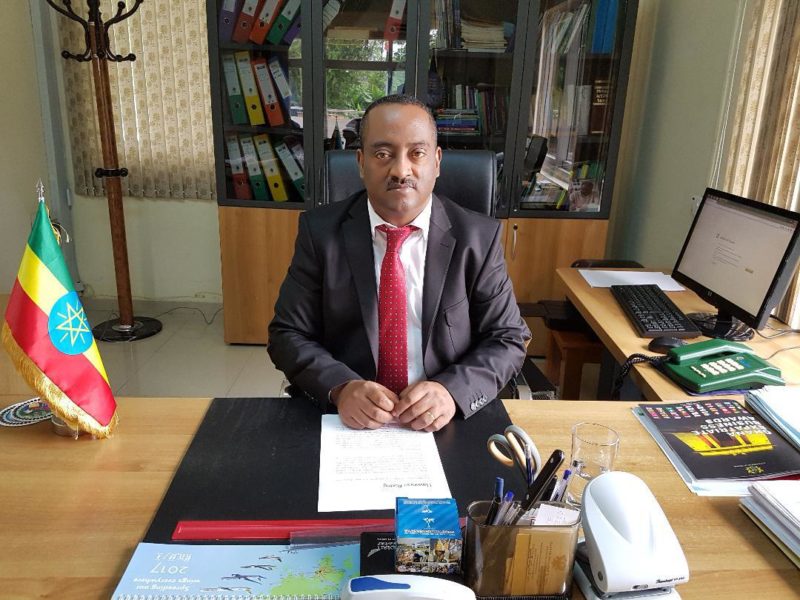
World Bank’s June 2017 edition of Global Economic Prospects identifies Ethiopia as the fastest-growing economy this year. The country’s GDP was projected to grow at 8.3% in contrast to global growth projected to be 2.7%.
While, Analysts have credited the nation’s accelerated growth to government spending on infrastructural development, the Ethiopian government, however, attributes the phenomenal growth to the re-positioning of the country’s leadership to address its complex challenges “through the green growth path that fosters development and sustainability.”
Ethiopia is pursuing a path of green economy, in which growth in income and employment is driven by public and private investments that reduce carbon emissions and pollution, enhance energy and resource efficiency, and prevent the loss of biodiversity and ecosystem services. Thus, the country has a vision to “achieve middle-income status by 2025 in a climate-resilient green economy.”
The country’s Green Economy Strategy document titled, “Ethiopia’s Climate-Resilient Green Economy,” (CRGE), outlines how the country intends to make progress in that direction. The country is focusing selectively on the four main pillars of agriculture, forestry, energy and transport, which are key to development and at the same time contribute significantly to carbon emissions.
Carbon emission is the release of carbon dioxide mainly from the burning of fossil fuels like natural gas, crude oil and coal as well as the destruction of forests and tilling of land. These activities also release other dangerous gases, which together with carbon, are known as greenhouse gases (GHG) that contribute to global warming and are harmful to the earth and human life.
Ethiopia’s strategic plan for agriculture is to improve crop and livestock production practices for higher food security and farmer income, while reducing emissions. In the forestry sector, the goal is to protect and re-establish forests for their economic and ecosystem services, including carbon stocks. The goal for the energy sector is to expand electricity generation from renewable sources of energy for domestic and regional markets. While, the country is seeking to completely overhaul its transport, industry and construction sectors through modern energy-efficient technologies.
As part of the strategy, the government has selected four initiatives for fast-track implementation. The initiatives are specifically looking at exploiting the vast hydropower potential, large-scale promotion of advanced rural cooking technologies, efficiency improvements to the livestock value chain, and Reducing Emissions from Deforestation and Forest Degradation (REDD).
According to the Strategy Document, “these initiatives have the best chances of promoting growth immediately, capturing large abatement potentials, and attracting climate finance for their implementation.” Moreover, implementing the initiatives will offer important co-benefits such as improved public health, through better air and water quality. It will also promote rural economic development by increasing soil fertility and food security as well as creating additional jobs with high value added.
The Strategy Document acknowledges that the green economy path goals “are ambitious,” considering the implementation period of 14 years from the time the Strategy was approved in 2011 to the assigned attainment deadline of 2025. Besides, building of Ethiopia’s green economy requires an estimated total expenditure of about $150 billion over the next 20 years, according to the Strategy.
But the government is committed to make this work and believes that one sure way of moving forward is through the exchange of GHG emissions abatement for climate finance to fund some of the required investment.
Ethiopia is taking advantage of the various Climate Finance Schemes such as the Green Climate Finance set up by the international community to compensate developing countries for the provision of environmental services to the world. The government is also collaborating with bi- and multilateral development partners as well as the private sector to achieve the ambitious national green goals.
The government has high optimism that many of the initiatives have potential to offer positive returns on investments, and thereby, directly promote economic growth. Indeed, the prospects for growth are high and the government projects a growth rate of 11%, which is above the International Monetary Fund (IMF)’s forecasts for Ethiopia of a real gross domestic product (GDP) growth of 8% yearly over a five year period from 2016 to 2020.
The Ethiopian Ambassador to Ghana, Regassa Kefale Ere, says the on-going transformation of his country’s economy is due to “quality leadership, dedication and determination of government to make the green economy strategy work.”
In an interview, he explained that government has ensured that private sector involvement and investment are being driven by local interests. This means government determines the conditions for financing, rather than the financiers setting the terms for investment. He said: “For instance, in the telecommunication sector, government will not open it up to foreign investors until the entire country is networked.”
“This approach has been adopted because of the realization that markets do not answer all problems, some require government interventions to make things work,” Regassa noted.
He expressed pride in his country’s present status as the world’s cheapest electricity supplier at 0.4 cents (USA) per kilowatts, and the country plans to expand energy production from the current 4,500 megawatts to 17,000 megawatts in the next three years.
“This will be realised after the expansion of the dam is completed to produce a top up energy supply of 6500 megawatts,” says Regassa. And this is likely to boost power supply to neighboring countries like Sudan and Djibouti, who are each currently getting 100 megawatts of power from Ethiopia.
Additionally, the country will be able to fulfill its mandate to Kenya and Tanzania per the terms of a recent power purchasing agreement. Currently, the power transmission line which connects Ethiopia’s national grid to Kenya and Tanzania is under construction, with funding from the African Development Bank (AFDB).
Regassa explained that “the essence of the Green Economy Strategy is that the land and people are the country’s main resources with majority engaged in agriculture, hence the government’s determination to promote agricultural based industrialisation.”
He said, “As part of the strategy, government is establishing a number of industrial parks to enhance and project agro processing, horticulture, leather products, garments and pharmaceuticals.”
To this end, the Hawassa Industrial Park alone is employing 10,000 people at its current partial operational level, but is projected to create over 60,000 jobs at its full operational capacity. Meanwhile, the recently inaugurated Mekelle and Kombolcha Parks are also attracting renowned foreign garment and textile manufacturers.
“Therefore, the number of people employed at the parks is increasing from time to time,” Regassa observed.
By Ama Kudom-Agyemang, Accra

